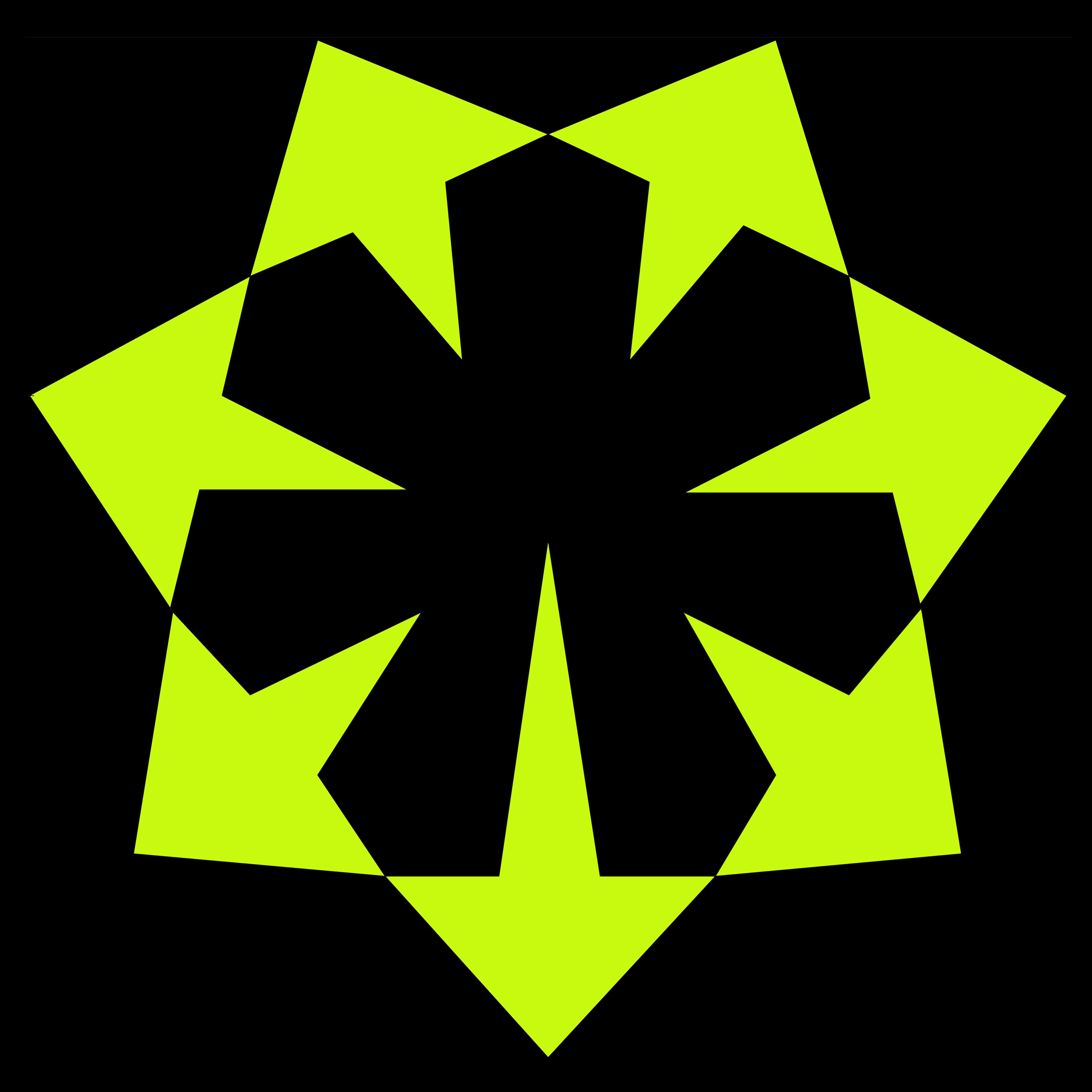Bungie grew up as a small company dominated by young employees whose only passion was making incredible games. They spawned a community of people who became almost rabid and crazy about their games, knowing every piece of trivia, every Easter egg, and every piece of inane backstory. Why? Because Bungie made games that challenged them, games that didn't insult them, and games that they themselves loved to play. It's almost as if the players had a keen insight into what the developers were doing just by how the games were built, and how they flowed. Players were exposed to the true genius behind the games, the nuances, and the humor. They began to understand what it is about these games that people love to create.
For Marathon it was the sense of exploration. The first glimpses down dark corridors of a stolen ship filled with spear-wielding aliens. The subtleties found in the words on a terminal displayed in a fixed-width font, or the cerebral, awkward music that was created by The Man himself. And the vicious multiplayer fragging of your friends on Mars Needs Women.
When Bungie produced Myth, however, it added a completely new dimension to the community involvement. Online multiplayer battles lended comradery and excitement to the game, be it cooperatively against Soulblighter and his minions, or competitively against legions of players trying to slit your throat or command all of the territories. And the Myth world was just small enough for some of the developers, names like celer manus dei, Chuckles, or Proud Flesh to get online and play with average folk like you and me.
What was it about Myth and its awesome power to bring people together? How could a game be so involving that it's possible to feel like you really know someone just after playing with them for a few games?
Most of it comes from the nature of the game - the importance of communication, interaction, and working together. The fact that the game was played on a PC or Mac certainly helped. In team games there was a captain - he distributed units to the rest of the team; this had never been done before, and really bolstered the idea of working together. Outside the game, from bungie.net came great fan websites, forums, and community-run tournaments, often sponsored by Bungie and other online companies. But most important was the fact that you could sign on and actually see, talk to, and play with some of the same people every time you signed on. That's how people came to know each other, and that is how they developed friendships in this community. Even though the original game is almost six years old now, there are still thousands of players who play this game on a completely community-run server, completely independent of the company that sold the game to its demise.
There are at least seven current employees of Bungie who joined Bungie After being avid Myth players. Now, any new applicants from the "community" are swiftly thrown in the trash.
Community is not just writing articles on a website, nor is it just having puppet websites that dispense Bungie's content and PR videos. Community has to be something more, developed by playing and loving the game, and by interacting with others to share those experiences.
Community starts with the game itself; it can't be merely patched together later. Bungie has lost its community with Halo, and it has been extremely sad to witness from my point of view. My only hope is that they realize this.
- You can't post comments
